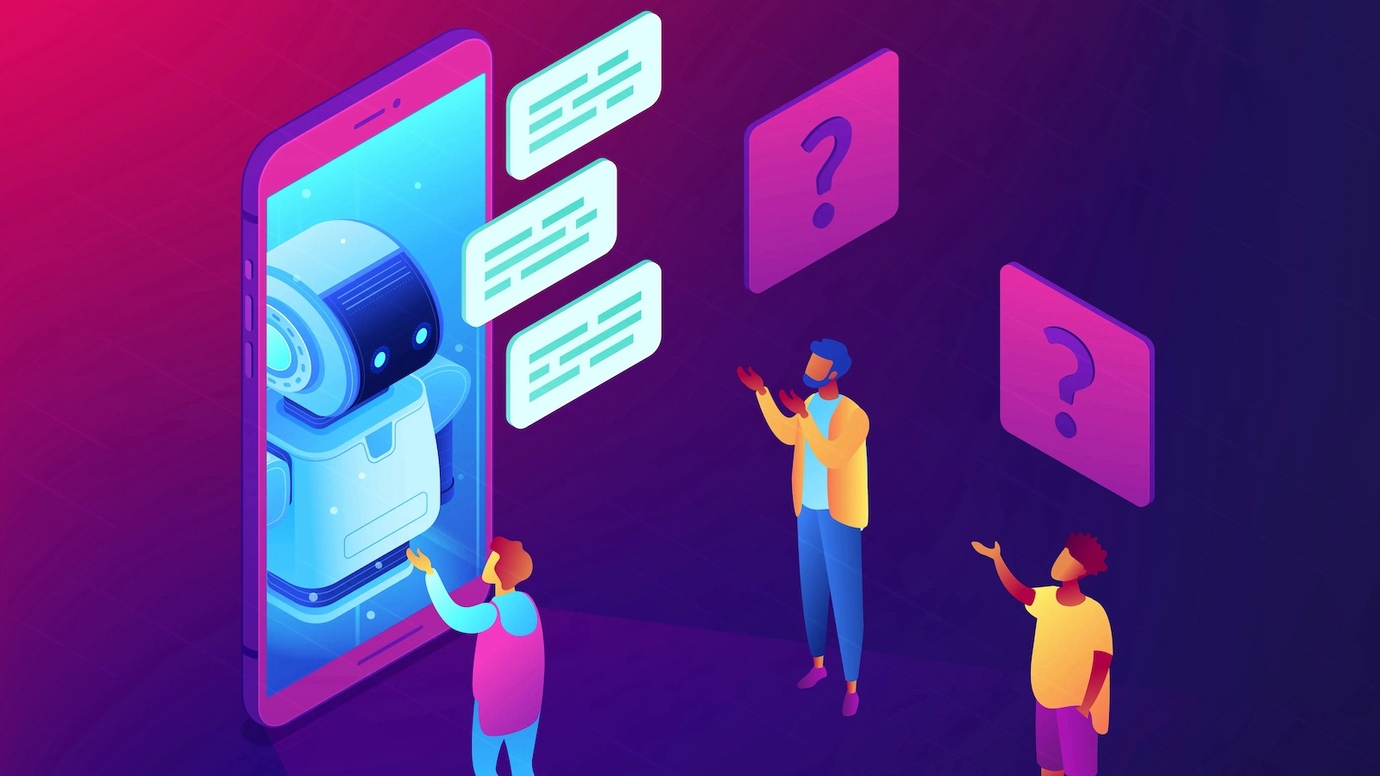
In today's fast-paced world, mental wellness has become a top priority for individuals seeking to maintain a healthy balance in their lives. Fortunately, advancements in artificial intelligence (AI) have opened up new avenues for personalized therapy and emotional support. From AI-powered chatbots to innovative therapy platforms, AI is revolutionizing the way we approach mental health care. In this blog, we'll explore the transformative power of AI in unlocking personalized therapy and emotional support, providing users with tailored solutions to enhance their mental well-being.
The Role of AI Chatbot Development Services in Mental Wellness:
AI chatbot development services are at the forefront of providing accessible and personalized mental health support to individuals worldwide. These AI-powered chatbots leverage natural language processing (NLP) algorithms to engage users in empathetic conversations, offering support, guidance, and resources tailored to their unique needs and concerns. Whether it's managing stress, coping with anxiety, or seeking advice on self-care practices, AI chatbots can provide users with real-time assistance and emotional support, empowering them to take control of their mental wellness journey. By integrating AI chatbot development services into mental health platforms, individuals can access support whenever they need it, breaking down barriers to traditional therapy and fostering a culture of self-care and emotional well-being.
Generative AI in Healthcare:
Generative AI, a subset of artificial intelligence that focuses on creating new data samples from existing data, is revolutionizing mental health care by offering innovative solutions for personalized therapy and emotional support. Generative AI algorithms can analyze vast amounts of patient data, including symptoms, treatment histories, and lifestyle factors, to generate personalized therapy plans tailored to each individual's needs. These AI-generated therapy plans can incorporate a variety of evidence-based techniques, such as cognitive-behavioral therapy (CBT), mindfulness exercises, and relaxation techniques, to address specific mental health concerns and promote emotional well-being. By harnessing the power of generative AI in healthcare, mental health practitioners can provide more effective and personalized therapy to their clients, ultimately improving outcomes and quality of life.
Personalized Learning for Mental Wellness:
Personalized learning algorithms are transforming mental wellness by tailoring therapy and support interventions to individual preferences and learning styles. These algorithms can analyze user interactions, preferences, and feedback to adapt therapy sessions and support resources to meet the unique needs of each individual. Whether it's adjusting the pace of therapy sessions, incorporating interactive exercises, or providing personalized coping strategies, personalized learning algorithms can enhance the effectiveness of mental health interventions and promote positive outcomes. By integrating personalized learning into mental wellness platforms, individuals can receive customized support that resonates with their experiences and empowers them to overcome challenges and build resilience.
Innovative Solutions with AI Chatbot Development Services:
AI chatbot development services are revolutionizing mental health support by providing innovative solutions for personalized therapy and emotional assistance. These chatbots, powered by advanced AI algorithms, can engage users in meaningful conversations, offering empathetic responses and tailored guidance. By integrating natural language processing capabilities, AI chatbots can understand users' emotions and provide appropriate support, whether it's offering coping strategies for anxiety or guiding users through relaxation exercises. Moreover, AI chatbots can adapt to users' evolving needs over time, providing continuous support and fostering a sense of connection and understanding. With AI chatbot development services, mental health support becomes more accessible and responsive, empowering individuals to take proactive steps towards their well-being.
Harnessing Generative AI for Tailored Therapy Plans:
Generative AI in healthcare is playing a crucial role in personalizing therapy plans to meet the unique needs of individuals seeking mental wellness support. By analyzing vast datasets of patient information, including symptoms, treatment histories, and lifestyle factors, generative AI algorithms can generate therapy plans tailored to each individual's specific needs and preferences. These personalized therapy plans may incorporate a range of evidence-based techniques, such as cognitive-behavioral therapy (CBT), mindfulness practices, and stress management strategies, to address the individual's mental health concerns comprehensively. Additionally, generative AI can continuously adapt therapy plans based on user feedback and progress, ensuring that therapy remains effective and relevant over time. With generative AI in healthcare, individuals can receive personalized therapy that aligns with their unique experiences and fosters positive outcomes in mental wellness.
Advancing Mental Wellness through Personalized Learning:
Personalized learning algorithms are driving advancements in mental wellness by tailoring support interventions to individual learning styles and preferences. These algorithms analyze user interactions, preferences, and responses to customize therapy sessions and support resources accordingly. By adapting therapy techniques, pacing, and content to match the individual's needs, personalized learning algorithms enhance the effectiveness of mental health interventions and promote positive outcomes. Furthermore, personalized learning can empower individuals to take an active role in their mental wellness journey by providing them with tools and resources that resonate with their experiences and preferences. With personalized learning, mental health support becomes more engaging, effective, and empowering, enabling individuals to build resilience and thrive in their pursuit of well-being.
Conclusion:
In conclusion, AI is unlocking the power of personalized therapy and emotional support, revolutionizing the way we approach mental wellness. From AI-powered chatbots to generative AI algorithms and personalized learning techniques, AI is offering innovative solutions to address the unique needs of individuals seeking support for their mental health concerns. By embracing AI in mental wellness, we can break down barriers to traditional therapy, provide accessible support to those in need, and foster a culture of emotional well-being and resilience. As we continue to harness the transformative potential of AI, the future of mental health care looks brighter than ever, offering hope and healing to individuals seeking support on their journey to wellness.

Comments